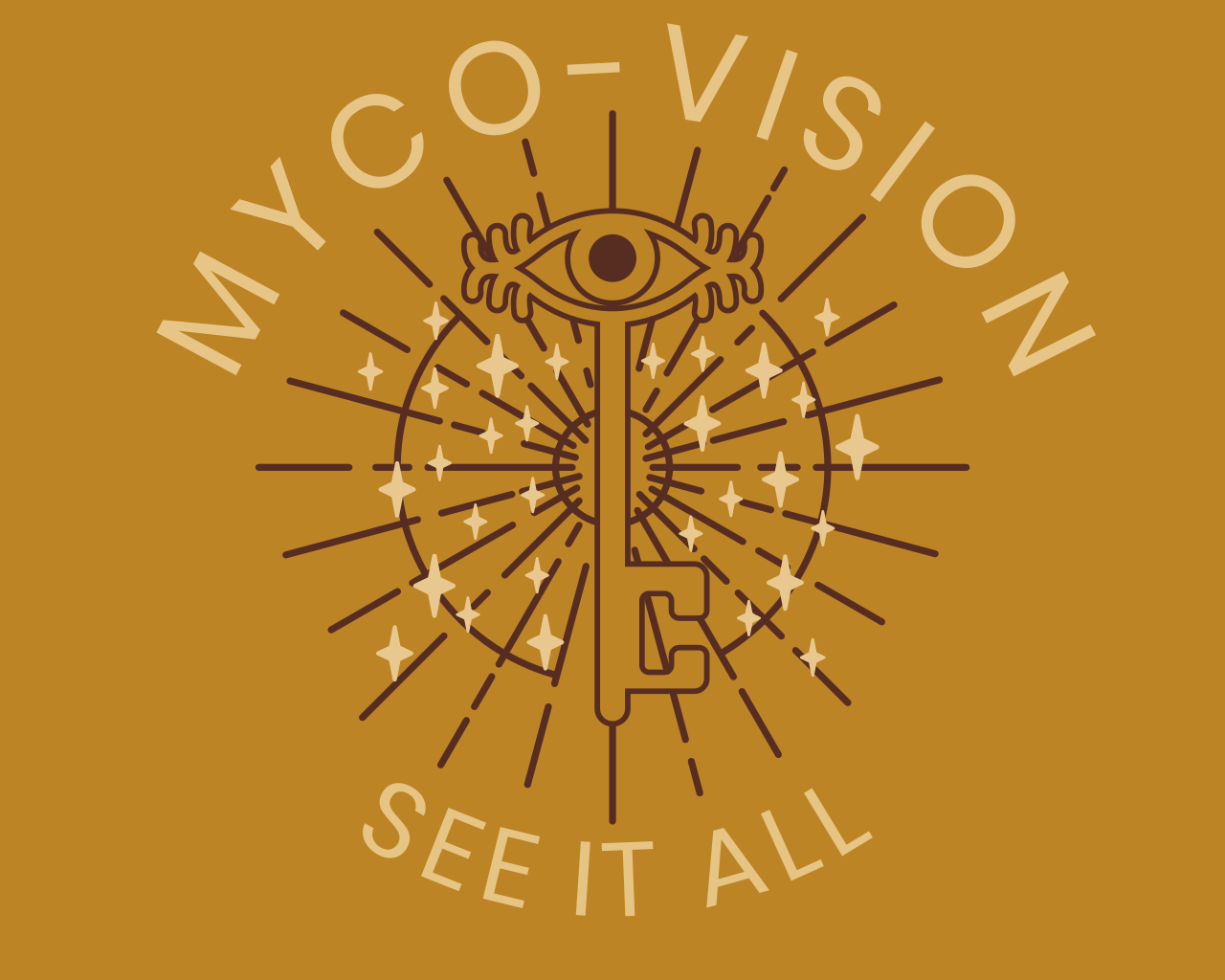The Link Between Declining Mental Health and Capitalism
As the medicalization and monetization of mental health struggles continues to rise, we must question the underlying causes of this phenomenon. While medications have been developed to treat mental health issues, it is important to acknowledge that depression and anxiety are often natural reactions to an unfair and unjust society, and if this underlying cause is not changed, treatments may never be fully effective. Many of us are tied to careers and jobs that require us to work long hours with little pay, occupying precious time that we could be using to live our lives in ways that are fulfilling and meaningful. This deeply tied ideology is at the core of our current society, a society that is built on capitalism––a system designed to be unfair and unequal. In order to truly understand where we are at right now, we must delve into the roots of the systems that govern us.
The impact of colonialism can still be felt in the modern world, particularly in the economic and political systems that have emerged in its wake. One such system is capitalism, which was built on a system that relied on the exploitation and subjugation of colonized peoples and lands. Despite the myth of a merit-driven and fair society, capitalism's roots in colonialism have created deep-seated inequalities that continue to fuel economic and social imbalances. In our quest for a more equitable and just society, it is vital that we explore the intricate connections between capitalism and colonialism, delving into historical context and underlying belief systems. It is here that we uncover the deep complexities and implications of this entwined relationship that calls for recognition and change.
Colonialism involved a belief in the superiority of European civilization over the rest of the world and that they had a god-given right, and perhaps mission, to expand their influence and reign by force. This belief was used to justify the subjugation and exploitation of colonized peoples and their lands. Inherent in this belief was the idea that the conquered were less valuable, intelligent, and capable than those who conquered them. This same belief continues to perpetuate within capitalist systems, whereby certain groups of people are deemed more "valuable" than others and granted greater power and access to resources. This belief system is non-viable in a society that truly embraces the principles of equality and equity, so arguably there is no such thing as true equity in society engaged in a capitalistic system.
One example of this is the exploitative labor practices that are pervasive and in fact necessary in many capitalist systems. Historically, colonized peoples were used as a cheap source of labor, forced to work in mines, plantations, and factories with little or no pay for their labor. This practice is still prevalent in many countries, including the Untied States to some degree, where underpaid workers toil in sweatshops, factories and farms to produce cheap goods that are sold for huge profits in the global market. In such systems, the exploitation of labor serves to perpetuate the power dynamic between the supposed "conquerors" and the colonized peoples, and the continuous growth and profits that a company must make to survive are impossible without taking advantage of people at the bottom of this chain. There irony in this is that these companies would not even exist without the labor and resources of those at the bottom, yet they are perceived as being without value at all.
Moreover, the distribution of resources within capitalist systems tends to favor those who have more power and wealth. This creates a cycle of poverty and inequality, as those without access to resources are unable to accumulate wealth and remain locked in a cycle of exploitation. The concentration of wealth and power in the hands of just a few individuals is not only morally reprehensible but also leads to instability and conflict.
Understanding the connection between colonialism and capitalism is important for creating a more equitable and just society. One text that examines this intersection is The Wretched of the Earth by Frantz Fanon. Fanon's work explores the effects of colonization on individuals and societies, particularly through the lens of mental health and psychological trauma. Fanon connects the psychological violence of colonization to the economic and political structures that emerged from it, highlighting how the systems of oppression perpetuated by colonialism continue to affect individuals and communities today.
Given the complexities of the modern world, dismantling capitalism and its ties to colonialism is no easy feat. However, there are steps that individuals can take to move towards a more equitable society. This includes supporting ethical and sustainable business practices, engaging in local activism, and supporting political candidates who prioritize the needs of marginalized communities.
At the same time, it is important to acknowledge the limitations of our current political and economic systems. By recognizing the inherent flaws in capitalism and working towards a more equitable and just society, we can move towards systems that prioritize the needs of all individuals, regardless of their background or social status.
Capitalism's roots in colonialism have created economic and social imbalances that continue to perpetuate inequalities in the modern world. Recognizing the inherent flaws in capitalist systems and working towards a more equitable society requires an understanding of how the systems of oppression and exploitation have evolved over time. While the task may seem daunting, we must remain committed to the principles of equality and equity and work towards a future where all individuals have access to the resources necessary to thrive. Let us embark on this transformative journey together, driven by compassion, understanding, and unwavering determination to create a society that truly embraces equality and fairness.
With all of this in mind, to truly confront the social problems of homelessness, addiction, and our society's growing mental health struggles, we must take a deeply honest look at the societal systems that allow for their continuance. We must be willing to confront the fact that our entire society is built to privilege one group over another while at the same time those benefiting the most from this system would be unable to enjoy such privilege without the sacrifices and exploitation of those without power. While it may be difficult to move away from the ways of thinking and being that we are used to, we must recognize that without changing the systematic structures that uphold societal inequality, there can be no real treatment for the issues we are facing and declining mental health is inevitable. The first step is acknowledging the reality of the situation and having open and honest discussions about the path forward. By doing so, we open ourselves to transformative understandings that can help us build a society that values the well-being of all individuals, where there is room for growth, equity, and true social justice.
This is a heavy and frustrating way to leave things. Seems like a fairly hopeless situation of increasing disparity and declining mental health with all possible solutions involving actions needing to be taken towards changing it from those currently benefiting the most from the system. But stay tuned, as they say, because in our next article we will explore ways psychedelics can help balance the scales. What they can do for our thoughts, beliefs, and mindsets can aid us in this uphill-battle towards a more equitable and fair society that values all people equally not only in theory but in actual practice.


